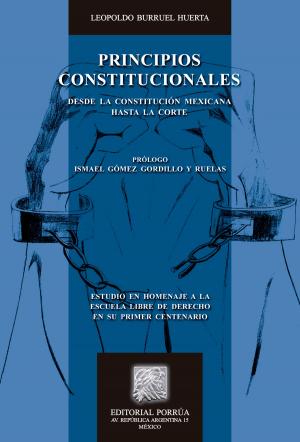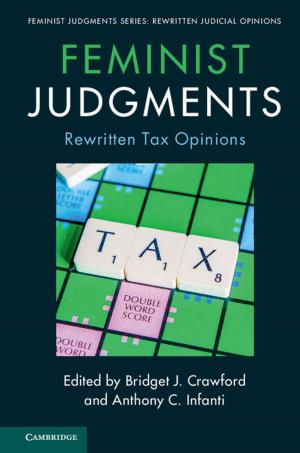| Author: | Truman Dayon Godwin | ISBN: | 9781466042650 |
| Publisher: | Truman Dayon Godwin | Publication: | January 25, 2012 |
| Imprint: | Smashwords Edition | Language: | English |
| Author: | Truman Dayon Godwin |
| ISBN: | 9781466042650 |
| Publisher: | Truman Dayon Godwin |
| Publication: | January 25, 2012 |
| Imprint: | Smashwords Edition |
| Language: | English |
In 1937, only 30,194 Texas State residents , which was only 8.56% of eligible voters statewide, passed an amendment to the State Constitution which set the stage for a “plan” to encourage payment of ad valorem taxes which “opened the door” for future legislative control of property taxes. Over time this “foot in the door” legislation has been seized upon by State Government to modify and strengthen it by various legal and legislative maneuvers to increase the power of State Government. The consequence of this long history has been an erosion of property owners’ logical and reasonable rights to plan and participate in property ownership without dishonest and overbearing government interference in the matter of fair and honest taxation.(ad valorem means “according to value”).
The “death knell” of honesty and fairness in the matter of property taxation was dealt by the Legislature when on January 1, 1982, 254 Appraisal Districts in Texas were created, one for each County. This gave these newly unelected groups the power to set property taxes, and disallowed the properly elected County Tax Assessors and Collectors from further duty in that respect. This not only opened the door for terrible abuses by free appraisers not beholden to an electorate, it also added a hugely increased burden to taxpayers who have to divvy up MORE tax money each year to support 254 appraisal offices (buildings, furniture, equipment, and staff) throughout the state.
This book gives an accurate and unbiased analysis of the State’s continuing rip-off in property taxes. It is a State which could, just as easily, use good judgement in the matter and go to an “honest” method of property taxation. Such a straight-forward approach would promote stability in the real estate market, and relieve taxpayers of the undocumented and on-going abuses of 254 separate appraisal offices whose individual performances are not closely monitored. It would also restore some confidence in a legislature grown too cowardly to do the right thing for its constituents, and —overall—would be influential to a healthy economic mantra for the State.
In 1937, only 30,194 Texas State residents , which was only 8.56% of eligible voters statewide, passed an amendment to the State Constitution which set the stage for a “plan” to encourage payment of ad valorem taxes which “opened the door” for future legislative control of property taxes. Over time this “foot in the door” legislation has been seized upon by State Government to modify and strengthen it by various legal and legislative maneuvers to increase the power of State Government. The consequence of this long history has been an erosion of property owners’ logical and reasonable rights to plan and participate in property ownership without dishonest and overbearing government interference in the matter of fair and honest taxation.(ad valorem means “according to value”).
The “death knell” of honesty and fairness in the matter of property taxation was dealt by the Legislature when on January 1, 1982, 254 Appraisal Districts in Texas were created, one for each County. This gave these newly unelected groups the power to set property taxes, and disallowed the properly elected County Tax Assessors and Collectors from further duty in that respect. This not only opened the door for terrible abuses by free appraisers not beholden to an electorate, it also added a hugely increased burden to taxpayers who have to divvy up MORE tax money each year to support 254 appraisal offices (buildings, furniture, equipment, and staff) throughout the state.
This book gives an accurate and unbiased analysis of the State’s continuing rip-off in property taxes. It is a State which could, just as easily, use good judgement in the matter and go to an “honest” method of property taxation. Such a straight-forward approach would promote stability in the real estate market, and relieve taxpayers of the undocumented and on-going abuses of 254 separate appraisal offices whose individual performances are not closely monitored. It would also restore some confidence in a legislature grown too cowardly to do the right thing for its constituents, and —overall—would be influential to a healthy economic mantra for the State.















